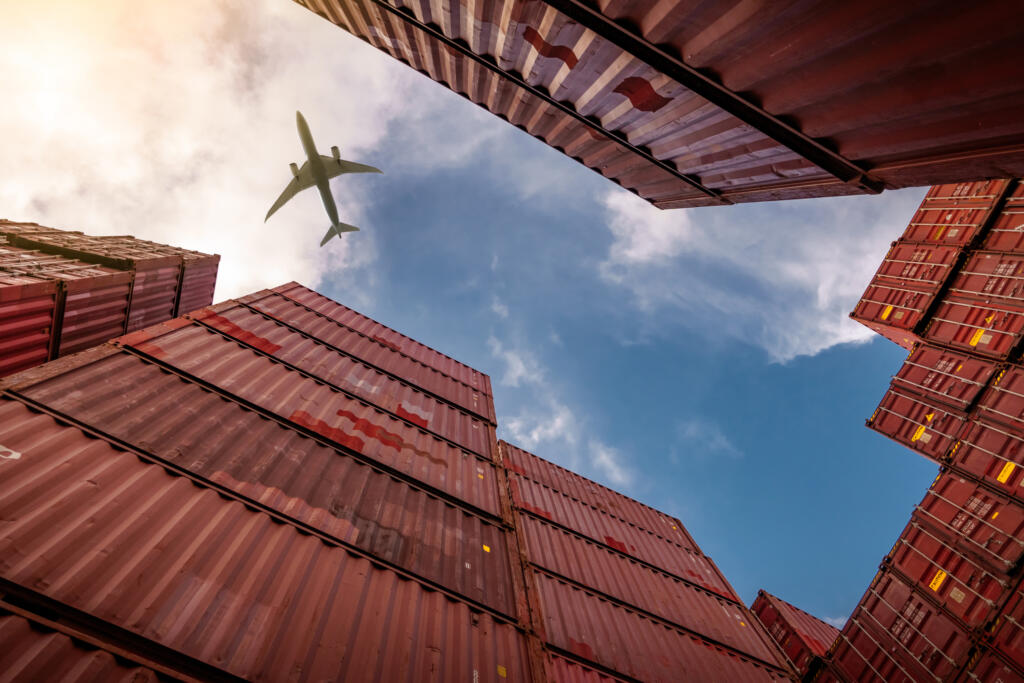
What are the import and export rules after Brexit? This article looks at the current guidance for when the Brexit transition period ends on 1 January 2021.
This article is part of a series of articles on how to prepare your business for Brexit. Our legal advisors have also produced a business guide to help you navigate the challenges.
You’ll need to make customs declarations when you import and export goods with the EU after Brexit. This can be done through a third party, such as a courier, or by yourself.
Import Goods from the EU after Brexit
Most declarations are submitted electronically through the Customs Handling of Import and Export Freight (CHIEF) system. If you’re going to do this yourself, rather than appoint an agent, you’ll need to:
- Apply for access to CHIEF; and
- Buy third party software that can submit declarations through CHIEF.
There are different rules for:
- Carrying merchandise in your baggage with a value less than £873;
- Importing goods by post; and
- Importing multiple low value parcels on one declaration.
You will need to check the specific rules for the types of goods you intend to import:
- You need an Economic Operators Registration and Identification (EORI) number that starts with GB to import goods from 1 January 2021;
- You may also need a separate EORI number if you move goods to or from Northern Ireland;
- If you do not have an EORI, you may have increased costs and delays. For example, if HM Revenue and Customs (HMRC) cannot clear your goods you may have to pay storage fees;
- You need to pay customs duties and VAT on all imports from 1 January 2021;
- From 1 January 2021, you’ll need to make customs declarations when you import goods from the EU; and
- In some situations, you can delay making a declaration for up to six months after you imported the goods.
More details can be found here.
Export Goods from the EU after Brexit
Here are some guidelines for exporting goods to the EU. You should follow different guidelines if you are sending goods by post or exporting goods to countries outside the EU.
- From 1 January 2021, you’ll need to make customs declarations when exporting goods to the EU. These rules currently apply to exporting goods to the rest of the world, including Switzerland, Norway, Iceland and Liechtenstein;
- You can make the declarations yourself, but most businesses use a courier, freight forwarder or customs agent;
- Most declarations are submitted electronically using the National Export System. If you’re going to do this yourself, rather than appoint an agent, you’ll need to register for the National Export System; and
- You might also need to buy third party software that can submit declarations.
There are different rules for:
- Carrying merchandise in your baggage with a value less than £873; and
- Exporting goods by post.
For most goods you’ll make a full declaration, which must be made before the goods arrive at the port of export. If you do not, your goods could get stopped at the border. However, there’s a different process if you’re using simplified declaration procedures.
From 1 January 2021, the rules of exporting some types of goods will change.
You’ll need to:
- Check what export licences or certificates you need;
- Check the marking, labelling and marketing standards for food, plant seeds and manufactured goods; and
- Check the rules for exporting alcohol, tobacco and certain oils.
You need an EORI number that starts with GB to export goods from 1 January 2021. From then, you can also charge customers VAT at 0% (known as ‘zero rate’) on most goods you export to the EU. You will need to check if you can ‘zero rate’ your goods for VAT.
The EU business importing your goods will also need to prepare for 1 January 2021. Before sending the business your goods, check they can make the necessary import customs declarations. They’ll also need a licence or certificate to import some types of goods.
More details can be found here. Note there are specific rules if you are moving goods into, out of or through Northern Ireland. See here for more detail.
How we can help
This article on import and export after Brexit is for general information purposes only and should not be used as a substitute for legal advice. If you are unsure of your legal obligations in any part of your business management, we can support you through the whole process.
Our expert teams can help you navigate the new rules around immigration, employment contracts, supply chain, data protection, commercial property disputes and any legal matters affecting your business. For more information, our legal advisors have produced a Brexit business guide and series of articles – you can also get in touch if you have any questions.
